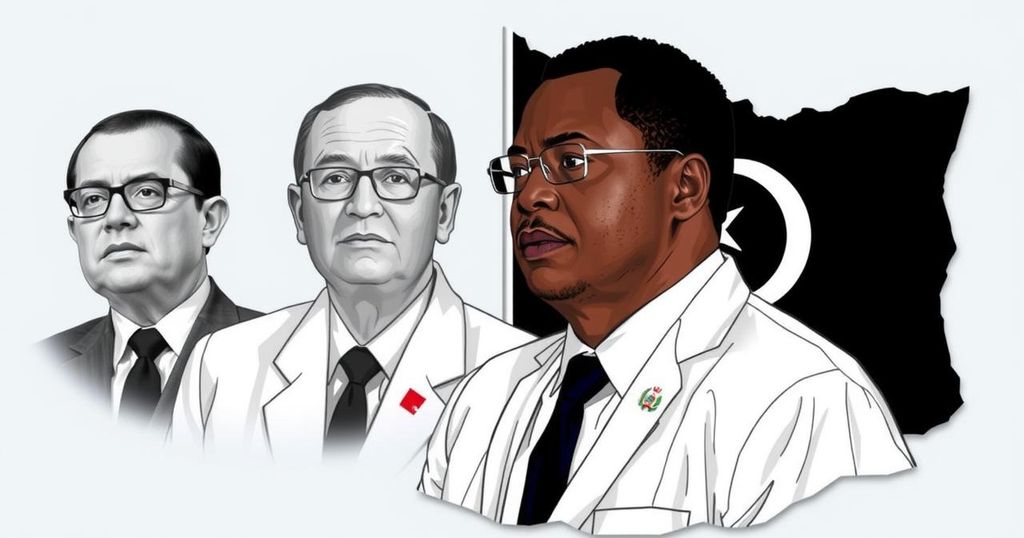UN Initiates New Efforts to Resolve Libya’s Electoral Crisis

The United Nations has convened a technical committee of Libyan experts to resolve electoral issues and expedite national elections. This initiative follows the collapse of the December 2021 election due to disputes over candidate eligibility. The acting head of UNSMIL, Stephanie Koury, emphasized the importance of addressing outstanding electoral laws, fostering military unification, and advancing national reconciliation efforts.
The United Nations has initiated a renewed effort to address the electoral deadlock in Libya through the convening of a technical committee comprising Libyan experts. This move aims to resolve unresolved issues that have hindered national elections, particularly following the unsuccessful electoral process planned for December 2021, which faced challenges regarding the eligibility of key candidates. Stephanie Koury, the acting head of the United Nations Support Mission in Libya (UNSMIL), articulated the committee’s goals in a recent video statement.
The committee is tasked with identifying pathways to overcome the outstanding complexities in electoral legislation while seeking to facilitate elections within the shortest possible timeframe, supplemented by necessary guarantees and assurances. Since its formation in 2021 under a U.N.-facilitated agreement, the Government of National Unity led by Prime Minister Abdulhamid al-Dbeibah has encountered recognition challenges, as the parliament no longer acknowledges its authority. Prime Minister Dbeibah has steadfastly maintained his position, stating he will not relinquish control to any new government unless national elections are successfully held.
Libya has grappled with instability since the 2011 uprising supported by NATO, leading to a division between eastern and western factions, each governed by rival administrations. While political actors in Libya have consistently advocated for elections, a notable degree of skepticism exists among the populace regarding the sincerity of these calls, as many believe the existing leaders are reluctant to pursue a vote that may diminish their power. Furthermore, Koury emphasized the ongoing commitment of UNSMIL to foster the unification of military and security structures, alongside promoting national reconciliation efforts.
The backdrop of the ongoing political turmoil in Libya stems from the aftermath of the 2011 NATO-supported uprising that ousted long-time leader Muammar Gaddafi. Since then, the country has been embroiled in conflict, marked by rival governments and a fragmented political landscape. The scheduled elections in December 2021 were intended to establish a more stable governance framework, but the process collapsed due to disputes over candidate eligibility. This ongoing impasse has underscored the urgent need for international interventions and consensus-building among various political factions in Libya.
In summary, the United Nations’ recent initiative to establish a committee of Libyan experts is a crucial step towards addressing the electoral deadlock that has persisted since the failed elections of December 2021. With a concerted focus on resolving outstanding electoral issues and advancing national unity, this effort embodies a hopeful trajectory for Libya’s political future, despite the deep-seated skepticism among its citizens regarding the genuine intentions of their leaders to pursue democratic elections.
Original Source: www.investing.com








